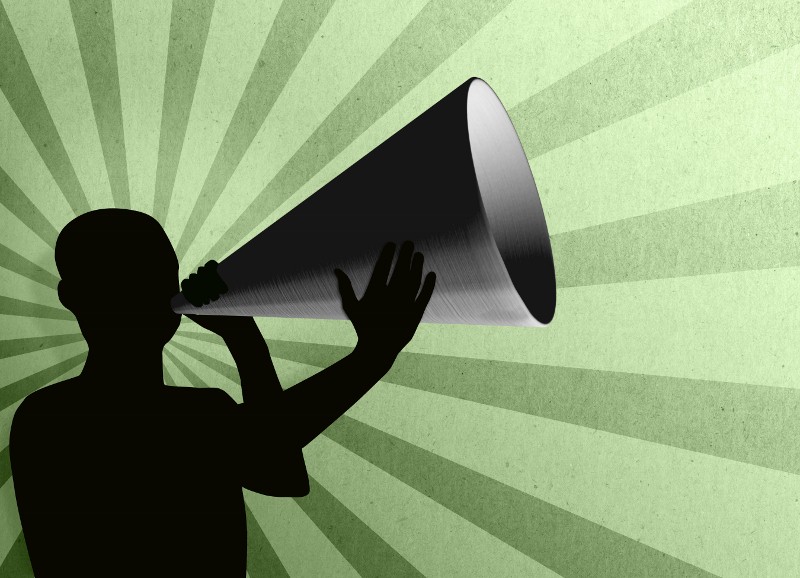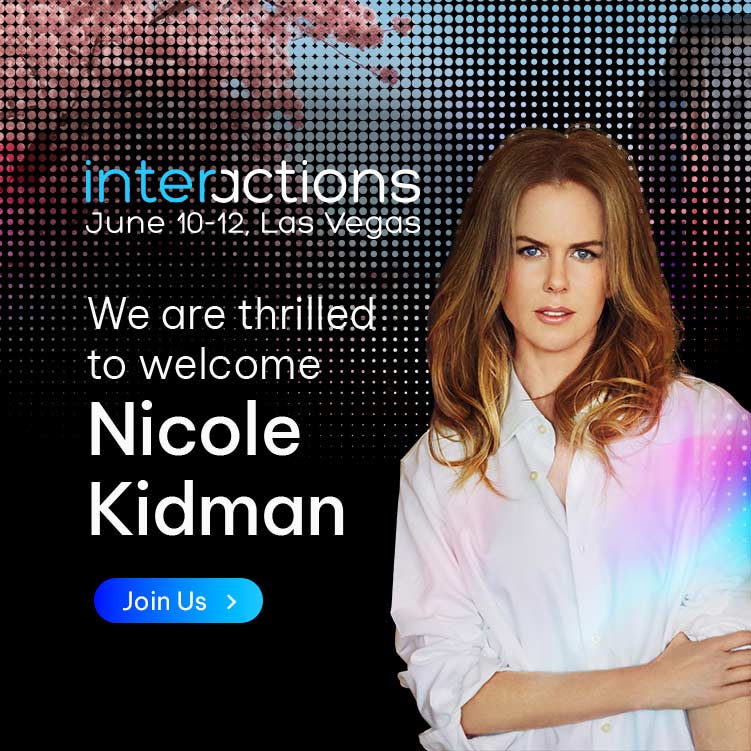"Word of Mouth" is the term used to describe the events that take place after you passionately like or dislike a product. The first thing most people do after they finish drooling or fuming is to tell everyone they know. Research has shown time and time again the power that Word of Mouth has on driving customer loyalty and growth. In a study performed during his research for "The Ultimate Question", Dr. Fred Reichheld states that more than 25% of Dell's new customers came to the company through referral from friends or collegues. (Pg. 51). Roughly translate that to your business and we are talking about a lot of money, not including repeat business.
Word of Mouth has changed over the years. If you are like my parents and can barely turn on a computer, you probably rely on more traditional forms of communicating (you know, vocal words). Come to think of it, if that is the case then you probably aren't reading this either! However, if you are like the growing percentage of people in the developed world using more modern means, you probably rely on social media channels such as forums, blogs, Twitter, and Facebook to spread your positive or negative product/service experiences. These channels have had a profound impact on the effectiveness of Word of Mouth communications. First, discussion is instantaneous and second, it can be read by ANYONE. As a result, it is important for a business and yes, its contact center, to understand the impact of social media on their business and what they can do to manage every John and Sally that may spread bad news about its products/services.
As companies try to understand how to wrap their arms around it, technology providers are also considering ways in which they can provide customers with the ability to manage the mass amounts of data available to them. Processing the data, is just as important as what you're going to do with it. Access to this data also brings with it the need to establish processes, mechanisms, and resources equipped with responding, in the event that negative feedback is received. Reaction time is crucial because of the speed in which information can travel across the internet.
Social media is not going away. It is the evolution of older forms of communication and will only continue to become more prominent. How are you handling it?




